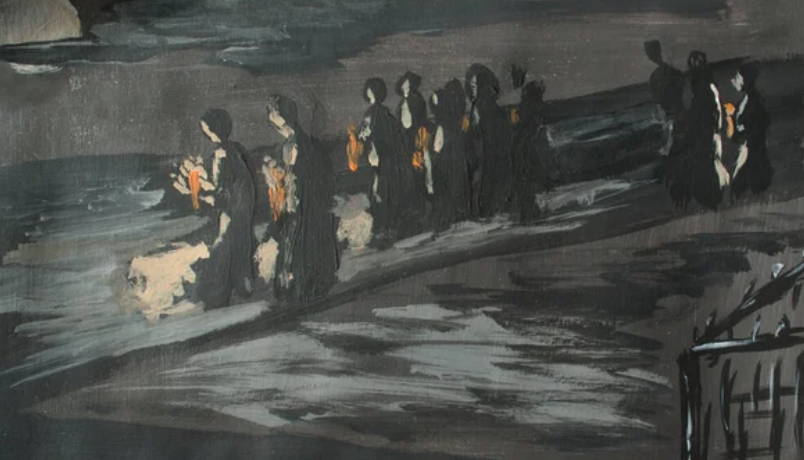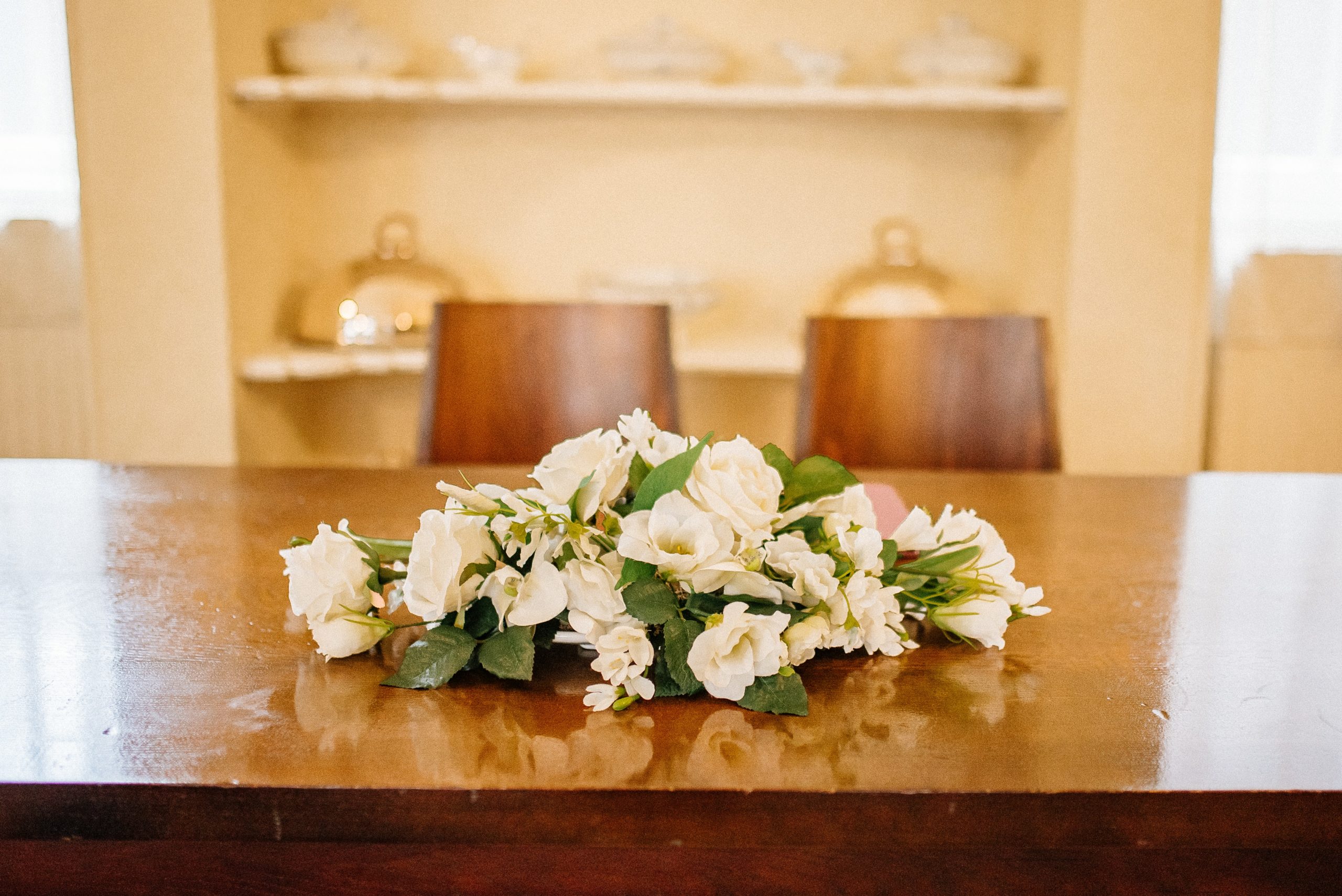Mānawatia a Matariki![]()
Mānawa maiea te putanga o Matariki
Mānawa maiea te ariki o te rangi
Mānawa maiea te Mātahi o te tau
Matariki is a time to remember our ancestors and those who have gone before us since the last rising of Matariki.
We also remember the many whānau not shown in this remembrance video.
We reflect on their lives and legacies and remember and honour them ![]()
With Matariki rising in the sky, it is a time to remember and honour loved ones who have departed. This celestial event allows communities to come together, sharing stories, memories, and experiences of those who have passed on. It is a time to celebrate their lives and acknowledge their impact on our journeys.
One symbol closely associated with Matariki is pohutukawa, where the spirits of the deceased gather among the stars during Matariki, reflecting the notion that death is not an end but a continuation of the eternal cycle of life. The rising of Matariki encourages us to remember our ancestors and loved ones who have passed away, fostering a sense of gratitude for their contributions and the wisdom they have imparted.
During Matariki, engage in activities to honour the memory of those who have departed. These may include gatherings, storytelling, waiata, and kai shared in remembrance of loved ones. It is a time to come together, share memories and reflect on the legacy left behind by those who have shaped our lives.
As the stars of Matariki illuminate the night sky, they serve as a reminder of the interconnectedness of all things—past, present, and future. Through celebrating Matariki, we find solace in remembering and cherishing the lives of those who have touched our hearts. It is a time to embrace the lessons and memories they have left behind and carry their spirits with us as we journey through life. In this way, we weave past threads into the fabric of our present, embracing the interconnectedness of generations and ensuring that the memories of those who have passed away live on in our hearts.







